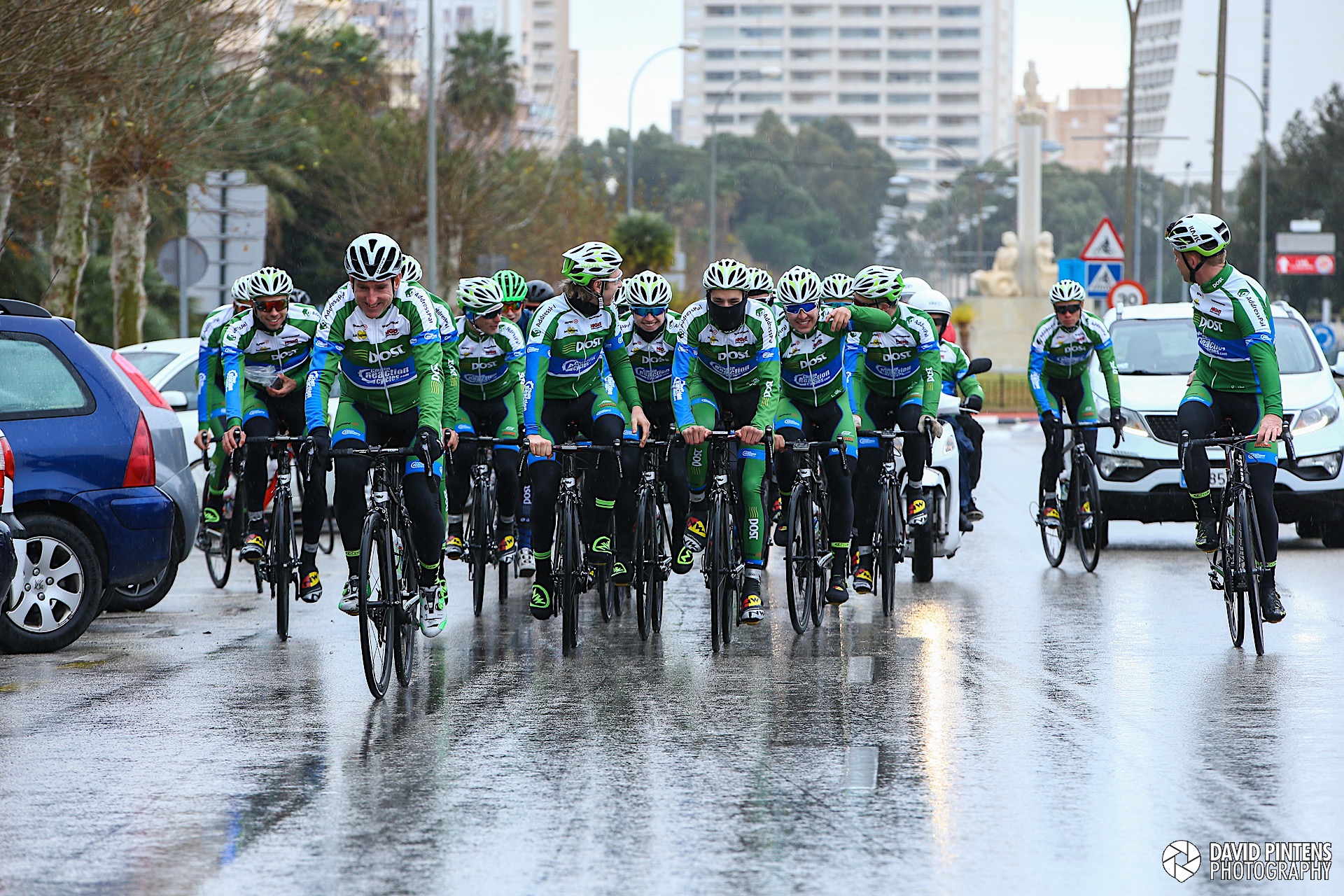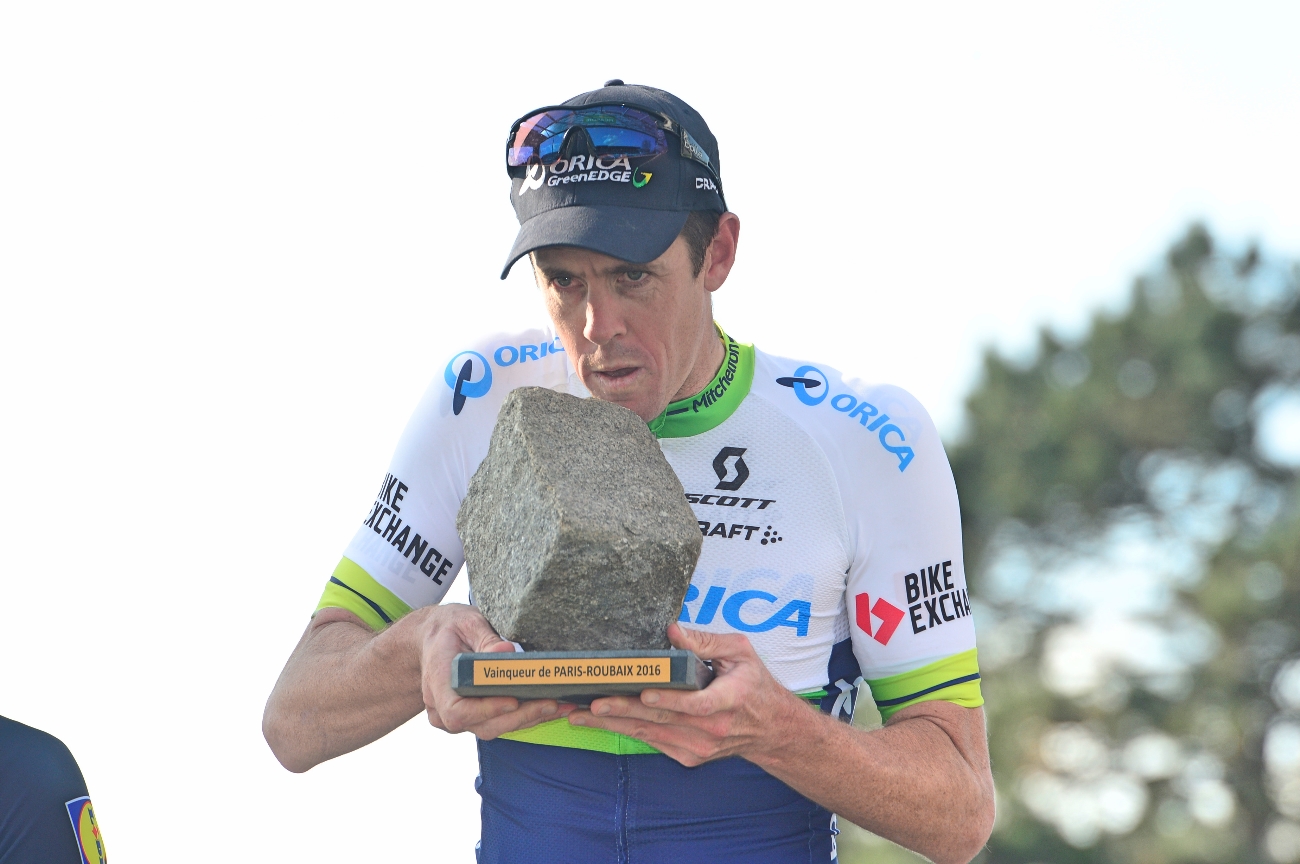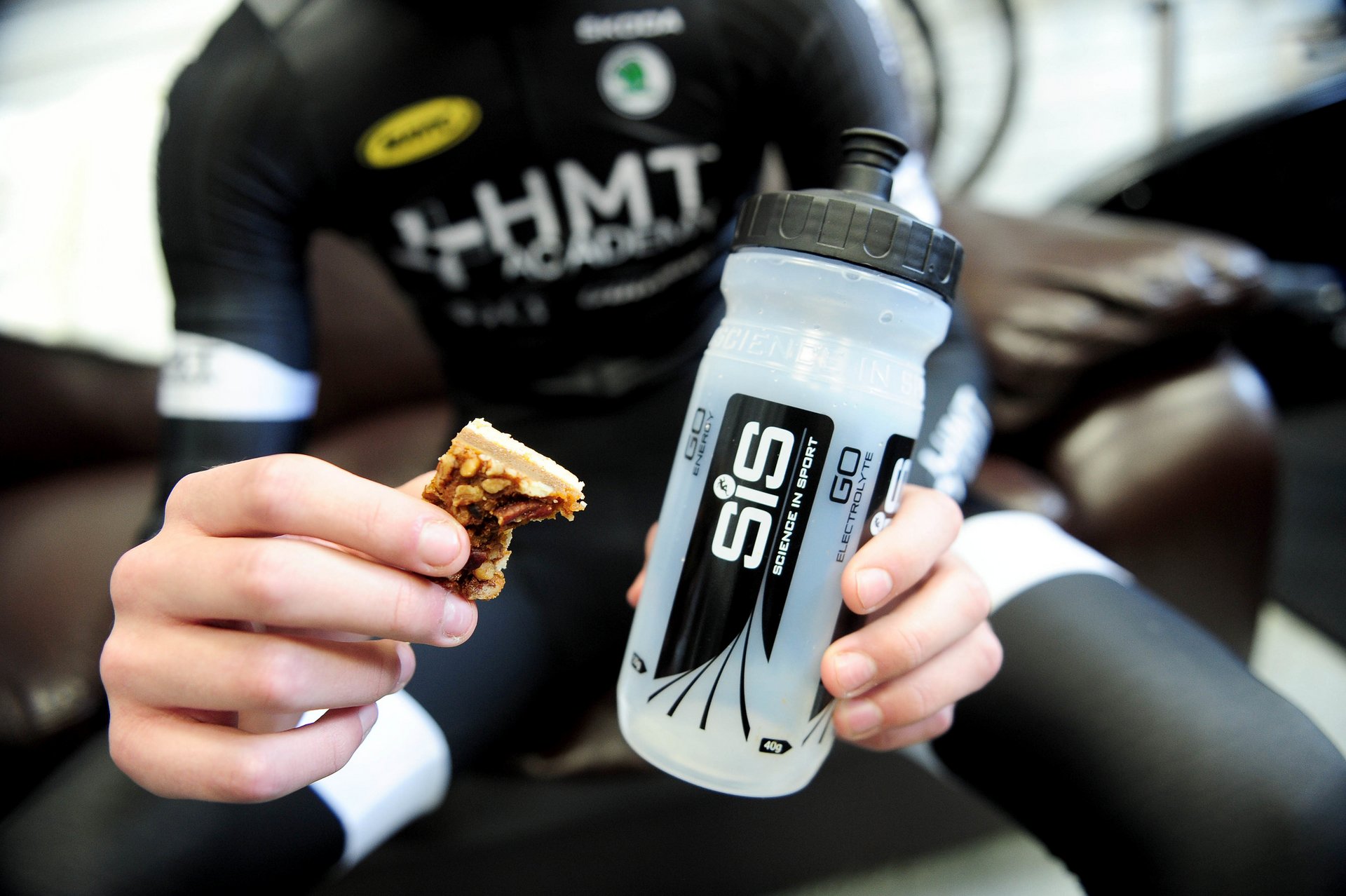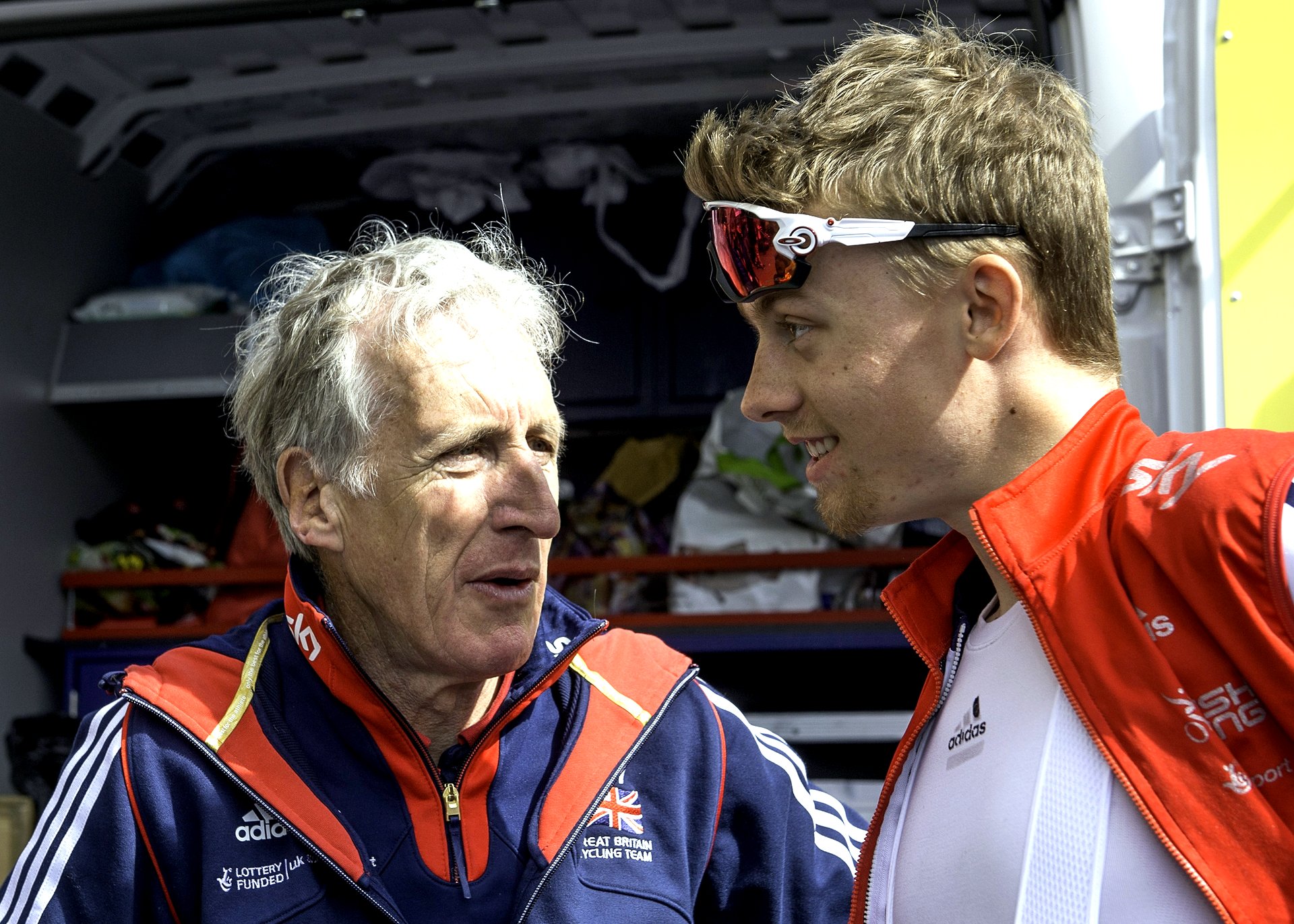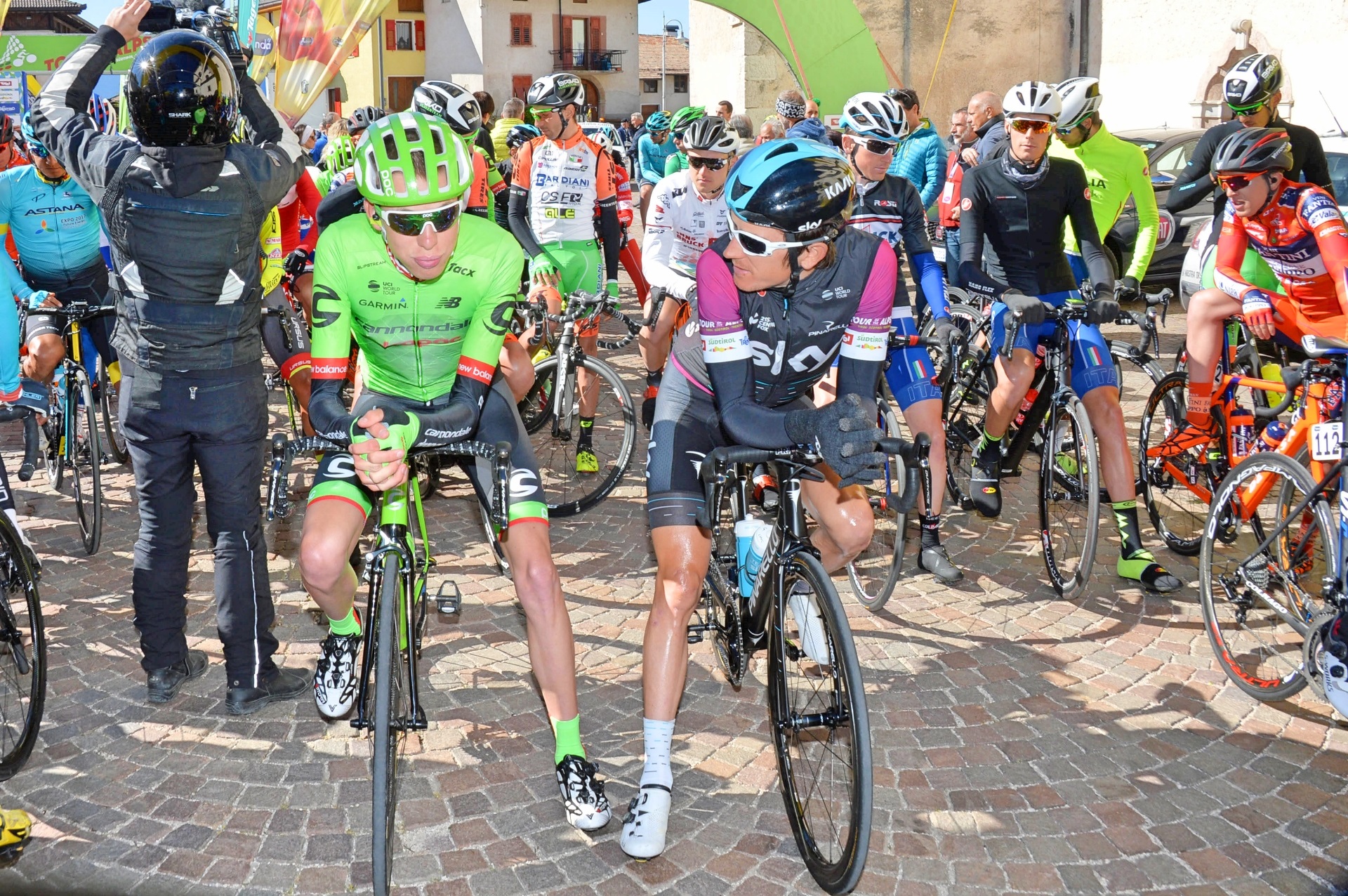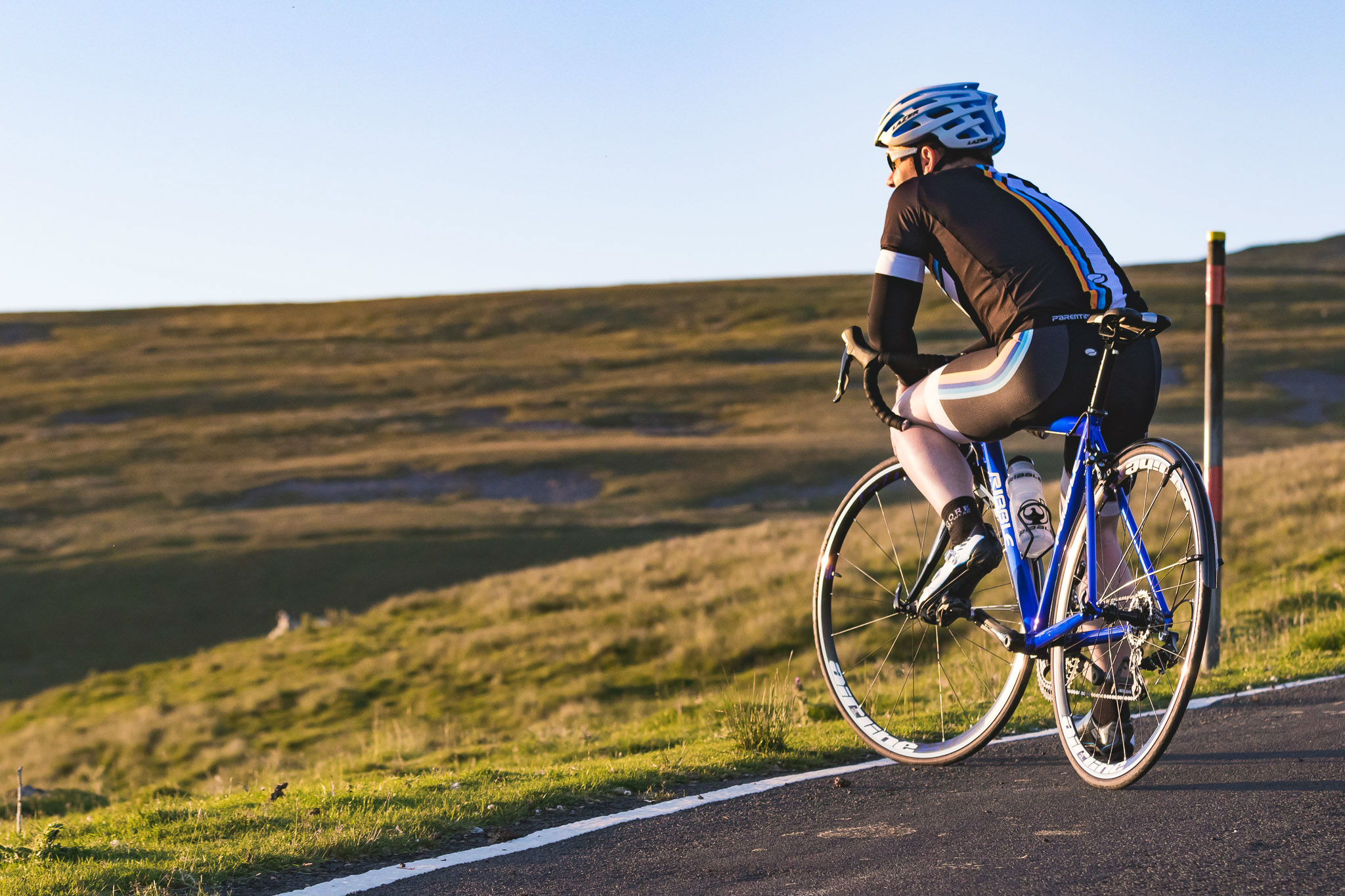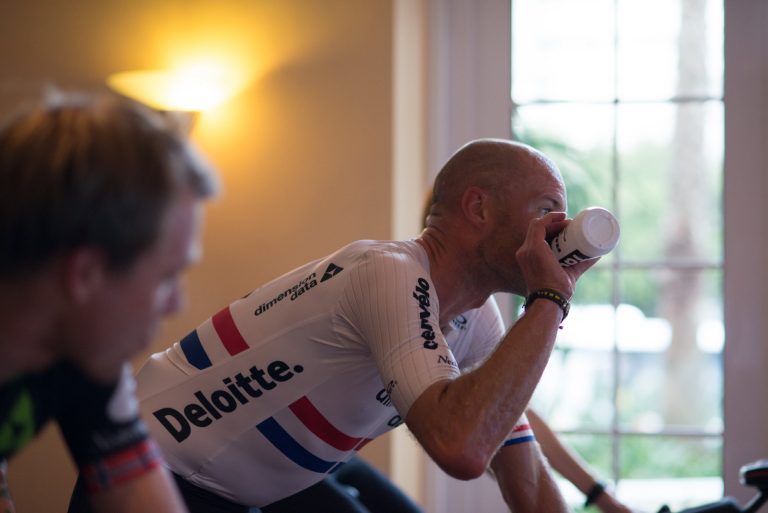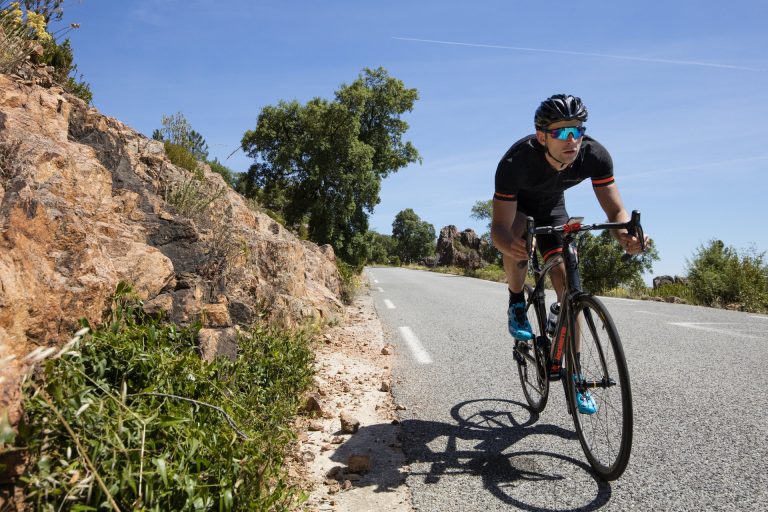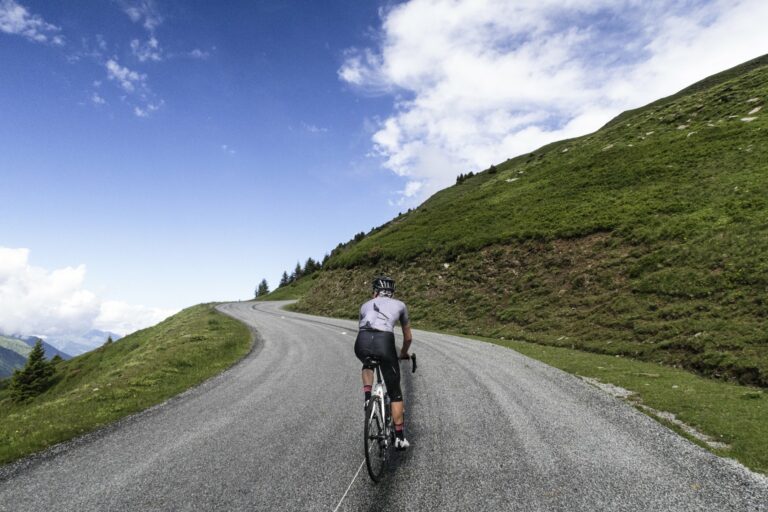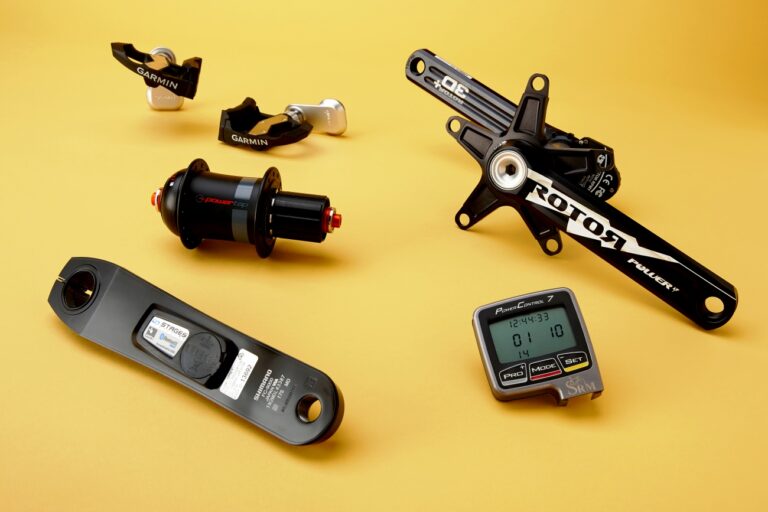Young riders, pay attention! Anyone with a dream to ride professionally or take their road cycling to the next level had better listen up, because we’ve been chatting with the three of this season’s British recruits at the An Post-Chain Reaction team about how to do exactly that.
Jacob Scott, 22, Mark Stewart, 21, and Dan Gardner, 20, have all got designs on the big time, with dreams of riding in the WorldTour, winning races and even competing on the track and at the Olympics their long term goals.
– The development game: inside the An Post-Chain Reaction talent factory –
The An Post team is renowned as a breeding ground for young talent and Scott, Stewart and Gardner have all worked their way up the junior ranks to join they squad.
They sat down with us to share their advice to young riders hoping to follow in their wheeltracks, drawing on their relatively recent experiences to help guide you towards the top of your game. So whether you’re just looking to become a better rider and tear up your local scene, or genuinely have aspirations to turn pro, these guys are worth listening to.


